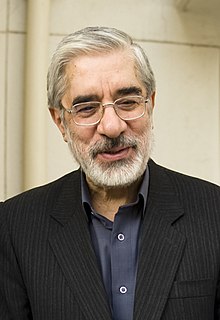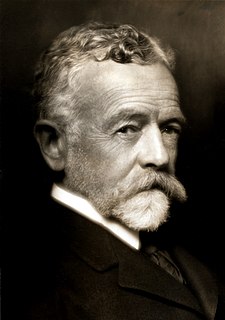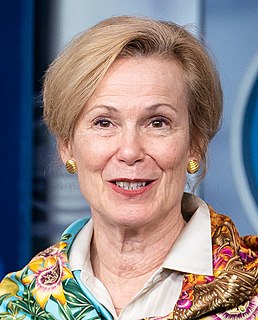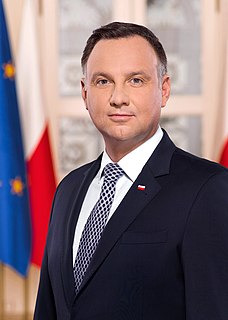A Quote by Mir-Hossein Mousavi
I support good relations with other countries. A policy of détente will be a central issue for me.
Related Quotes
For me the root of evil today is the policy of President Bush. It is a fascist policy. I cannot understand how is it that the Jewish people, who have been the victims of Nazism, can support such a fascist policy. No other people in the world support those policies but Israel! This situation saddens me.
The point of public relations slogans like "Support Our Troops" is that they don't mean anything ... that's the whole point of good propaganda. You want to create a slogan that nobody is going to be against and I suppose everybody will be for, because nobody knows what it means, because it doesn't mean anything. But its crucial value is that it diverts your attention from a question that does mean something, do you support our policy? And that's the one you're not allowed to talk about.
Nixon has the audacity to tell me to do nothing in the interest of my country until he dictactes where that interest lies. At the same time he threatens me that failure to follow his so-called advice will be to jeopardize the special relations between our two countries. I say to hell with such special relations.
In 1977, when I started my first job at the Federal Reserve Board as a staff economist in the Division of International Finance, it was an article of faith in central banking that secrecy about monetary policy decisions was the best policy: Central banks, as a rule, did not discuss these decisions, let alone their future policy intentions.
I'm not talking about him; I'm talking about the countries that go to support [Antonio] Guterres plan, because he needs the support of other countries, he cannot achieve that plan while many countries in the world are still supporting the terrorists in Syria. So, of course we support it, whether helping the people to live, to go back to their country, and to live in security without terrorists.
The issue Fodor writes about is central to the psychology of perception, cognition, and action. It is the central issue for anyone who would seriously study the neurobiology of behavior: Is the mind organized horizontally or vertically or both, and what are the consequences to psychology of proceeding on one assumption or the other? This has been little analyzed and written about. Jerry Fodor has repaired that omission and had done it brilliantly.


































